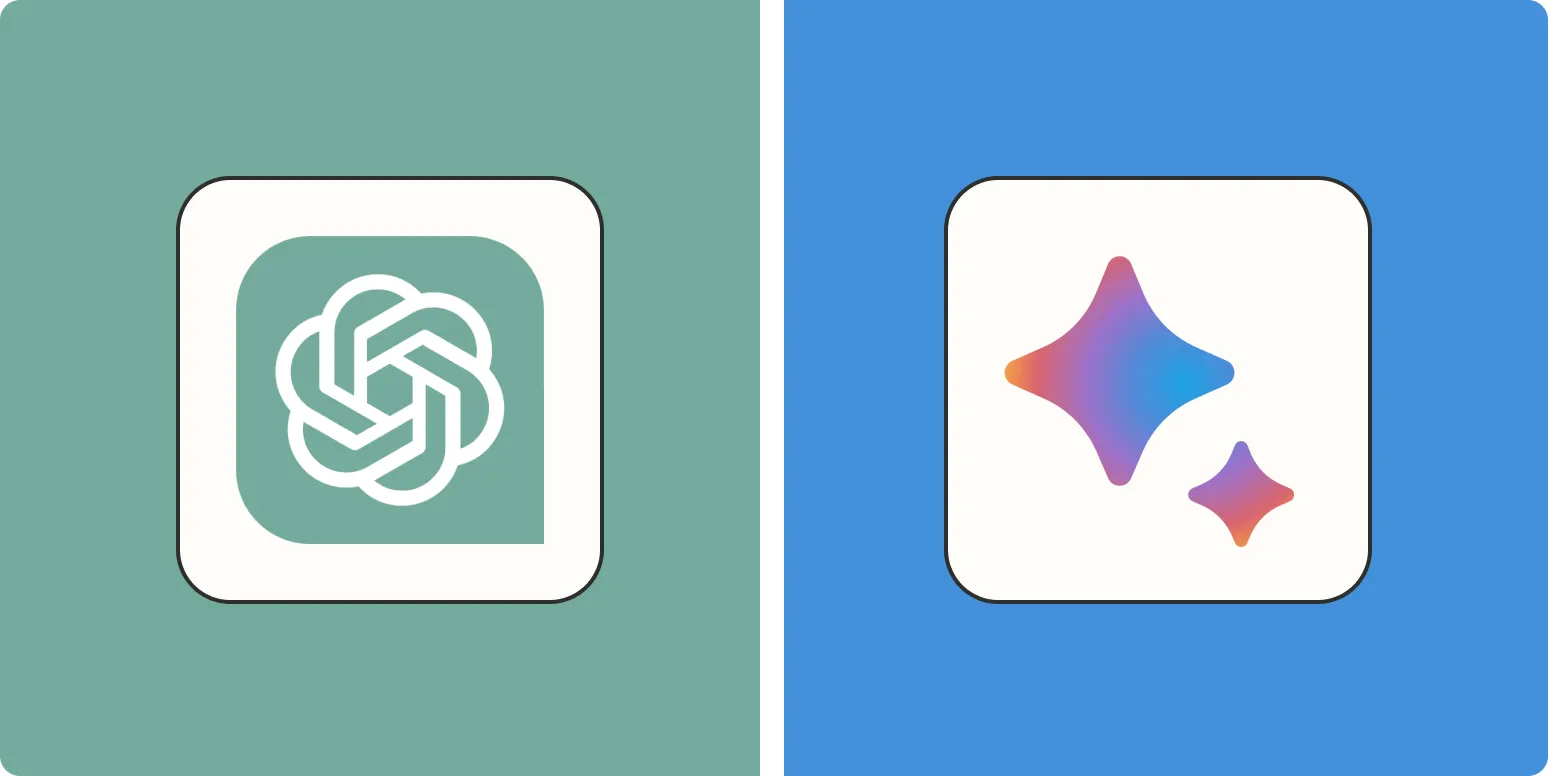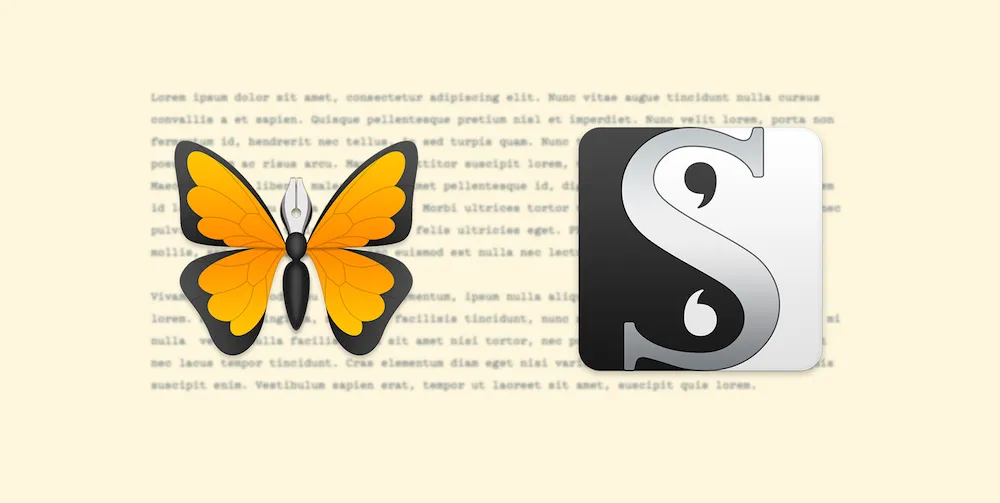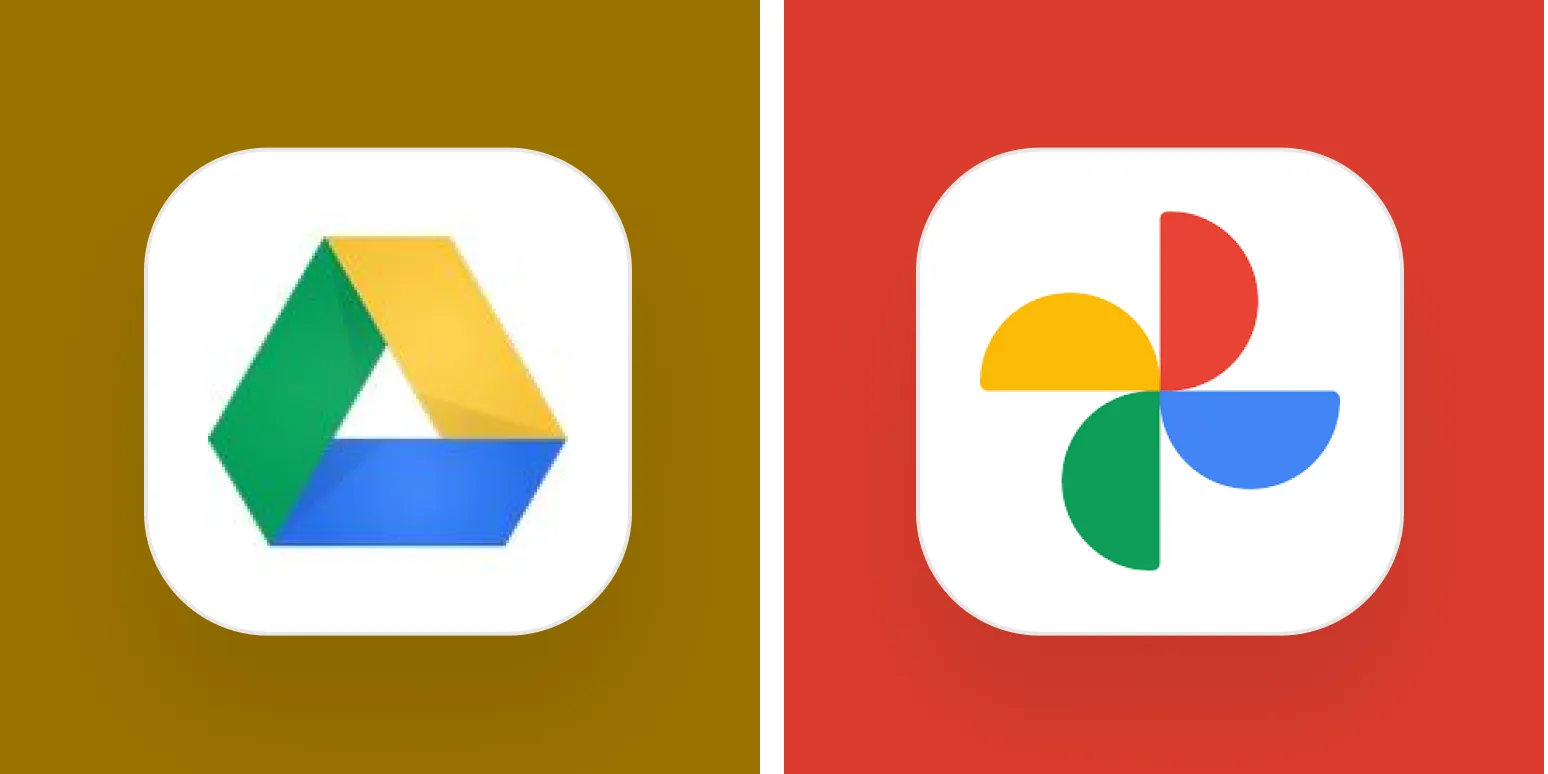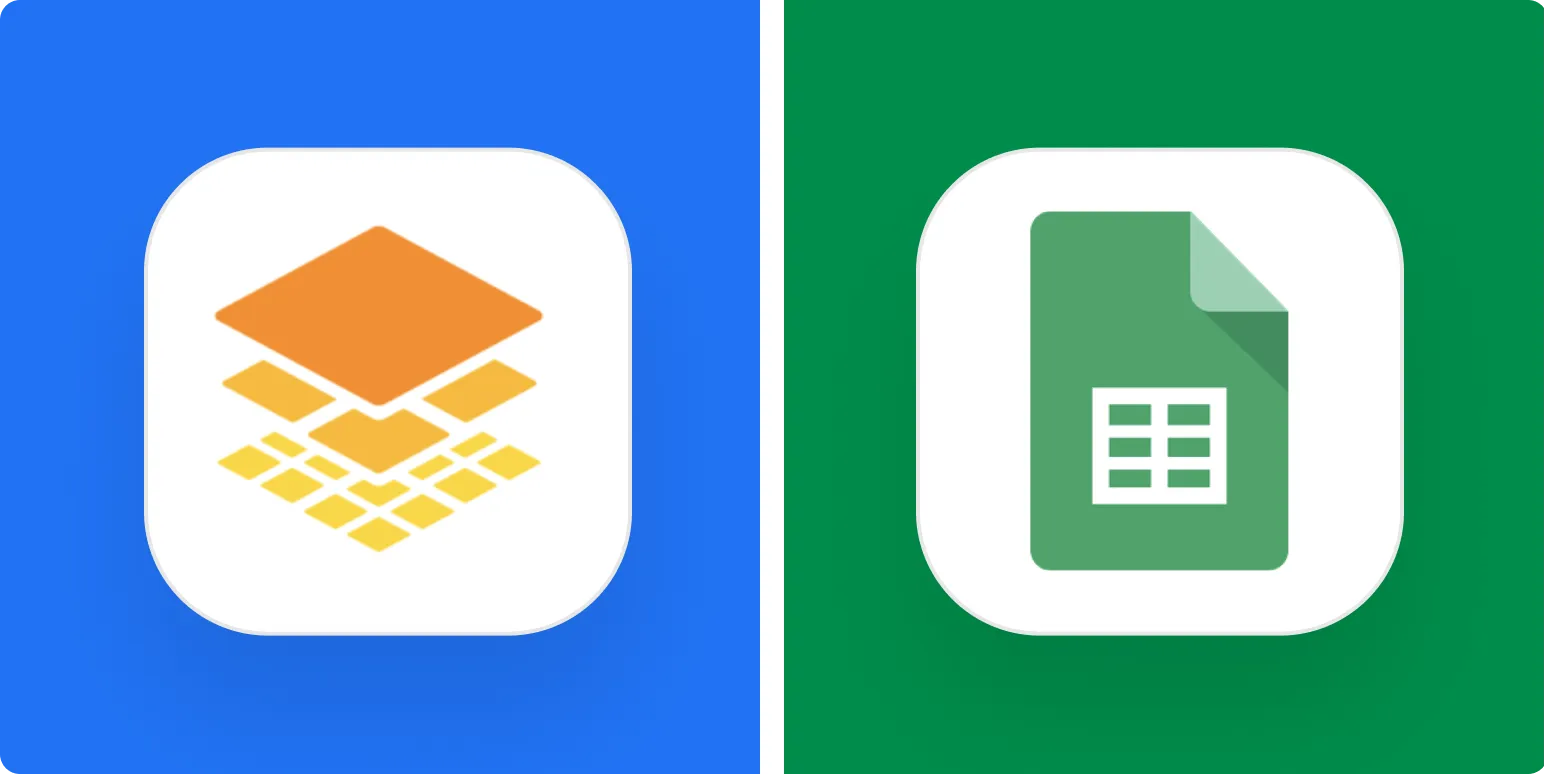The landscape of artificial intelligence is constantly evolving, and two prominent players in the field are Gemini and ChatGPT. While both systems aim to enhance human-computer interaction through natural language processing, they have distinct characteristics and functionalities that set them apart. In this article, we'll delve into the key differences between ''Gemini'' and ''ChatGPT'', particularly in the context of their applications and performance in the year ''2025''.
Overview of Gemini and ChatGPT
Gemini, developed by Google DeepMind, is an advanced AI model that integrates various aspects of ''machine learning'' and ''natural language understanding''. It aims to provide a comprehensive solution for tasks ranging from content generation to data analysis. On the other hand, ChatGPT, developed by OpenAI, is a model specifically designed for conversational tasks, making it particularly adept at generating human-like text responses based on user prompts. Understanding these foundational differences is crucial for evaluating their effectiveness in various applications.
Core Functionalities
| Feature | Gemini | ChatGPT |
|---|---|---|
| Primary Focus | Multi-modal understanding and application | Conversational AI and text generation |
| Use Cases | Data analysis, content creation, image recognition | Customer service, content writing, interactive storytelling |
| Integration Capabilities | Seamless integration with Google services | API accessibility for third-party applications |
| User Interaction | Complex queries and multi-step reasoning | Conversational back-and-forth |
Performance and Accuracy
When it comes to ''performance'', Gemini boasts superior capabilities in understanding context and processing large datasets. This allows it to generate insights that can be crucial for businesses leveraging data analytics. In contrast, ChatGPT excels in generating coherent and contextually relevant responses during conversations, making it an ideal tool for customer support and interactive applications.
In ''2025'', the performance metrics of both AI models have shown significant improvements due to continuous training and updates. Gemini's ability to analyze and synthesize data gives it an edge in applications requiring ''high accuracy'' in information retrieval, while ChatGPT's focus on conversational fluency makes it a preferred choice for roles that necessitate ''human-like interaction''.
User Experience and Accessibility
User experience plays a vital role in the adoption of AI tools. Gemini provides a ''user-friendly interface'' that integrates with Google Workspace, allowing users to easily access its features without extensive training. This integration enhances productivity, making it suitable for professionals in various fields.
ChatGPT, being designed for direct interaction, offers an intuitive chatting interface that allows users to engage in dialogues seamlessly. Its accessibility via multiple platforms, including mobile apps and web interfaces, makes it widely available to a broader audience. The emphasis on ease of use and immediate feedback is a significant factor driving its popularity.
Limitations and Challenges
Despite their strengths, both Gemini and ChatGPT face challenges. Gemini's broader scope can sometimes lead to complexity, as users may find it overwhelming to navigate through its multiple functionalities. Moreover, while it excels in data analysis, it may not always provide the most relevant conversational context.
On the other hand, ChatGPT's limitations lie mainly in its understanding of context over prolonged interactions. It may occasionally generate responses that lack depth or relevance, particularly in highly specialized or technical fields. Addressing these limitations is crucial for enhancing user satisfaction and effectiveness in real-world applications.
Future Trends in AI Development
As we look toward the future of AI in ''2025'' and beyond, both Gemini and ChatGPT are expected to evolve significantly. Innovations in ''machine learning'' algorithms and ''natural language processing'' will likely enhance their capabilities, enabling them to better serve diverse use cases.
Furthermore, as businesses increasingly seek to integrate AI into their operations, the demand for tools like Gemini and ChatGPT will grow. Understanding the specific strengths and applications of each will help organizations choose the right AI solution to meet their needs.
Conclusion
In summary, both ''Gemini'' and ''ChatGPT'' represent the forefront of AI technology, each with unique strengths and functionalities. While Gemini is well-suited for analytics and data-driven tasks, ChatGPT shines in conversational applications. As users and businesses navigate the evolving landscape of AI, recognizing the differences between these two models will be essential for making informed decisions about their integration and usage.





